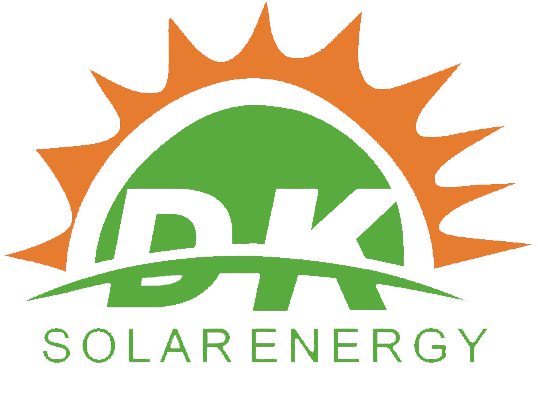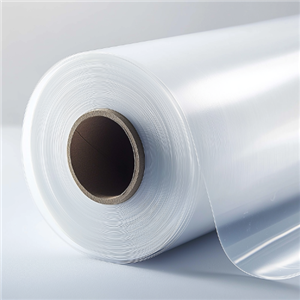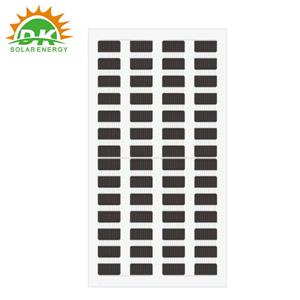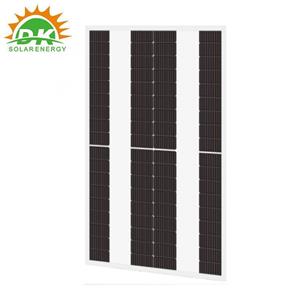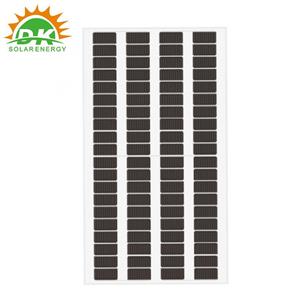The flexible modules in real life conditions
One of the main advantages of flexible solar panels is their versatility. Traditional solar panels are stiff and bulky, making them difficult to install in some locations. However, flexible panels can be easily integrated into a variety of settings, including curved surfaces and irregular shapes. This flexibility opens up a world of possibilities for solar, allowing installation in places previously thought impossible.
Another benefit of flexible solar panels is their durability. Unlike traditional panels that are prone to cracking and breaking, flexible panels are made from durable, lightweight materials that can withstand the harshest weather conditions. This makes them ideal for off-grid applications where reliability is critical.
In addition to their durability, flexible solar panels are also very lightweight, making them easy to transport and install. This makes them ideal for remote areas where traditional panels are impractical.
One of the most exciting applications for flexible solar panels is in the field of wearable technology. With the rise of smartwatches, fitness trackers and other wearable devices, the need for lightweight, flexible power sources continues to grow. Flexible solar panels are the perfect solution, providing reliable renewable energy that can be integrated into a variety of wearable devices.
In the field of transportation, flexible solar panels are also having a huge impact. Electric vehicles are becoming increasingly popular, but one of the main challenges they face is their limited driving range. Flexible solar panels can be integrated into the vehicle body to provide supplemental power, helping to extend the vehicle's driving range and reduce the need for frequent charging.
Flexible solar panels are also used in innovative building designs, where they can be integrated into building facades, windows and other surfaces to generate clean, renewable energy. Not only does this reduce the building’s environmental impact, it also helps offset the building owner’s energy costs.
In the residential sector, flexible solar panels are becoming an increasingly popular option for homeowners who want to reduce their reliance on the grid and take advantage of the many benefits of solar energy. The panels can be easily installed on roofs, awnings and other surfaces and provide clean energy, helping to lower energy bills and reduce a home's carbon footprint.
As demand for renewable energy continues to grow, flexible solar panels will play a key role in the transition to a more sustainable energy future. Their versatility, durability and ease of installation make them ideal for a variety of applications, and as technology continues to advance, we expect to see even more exciting uses for flexible solar panels in the coming years.
